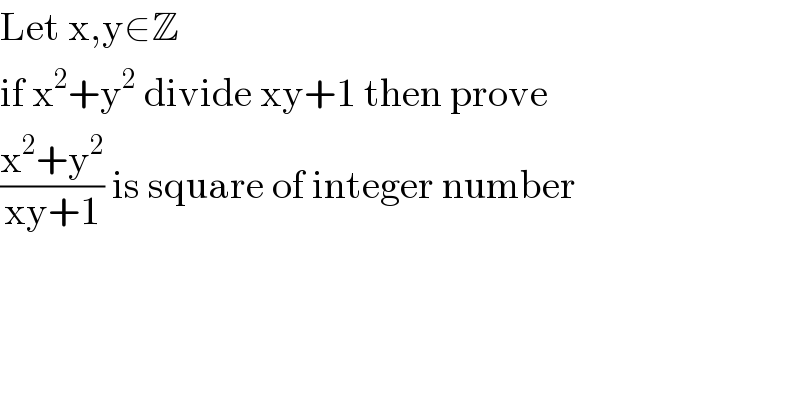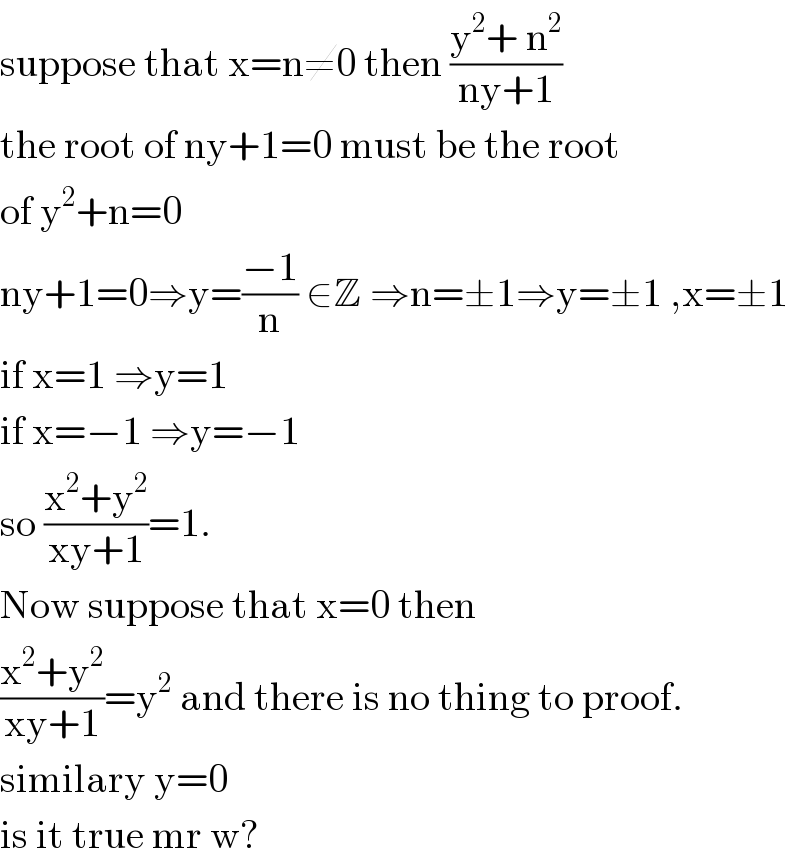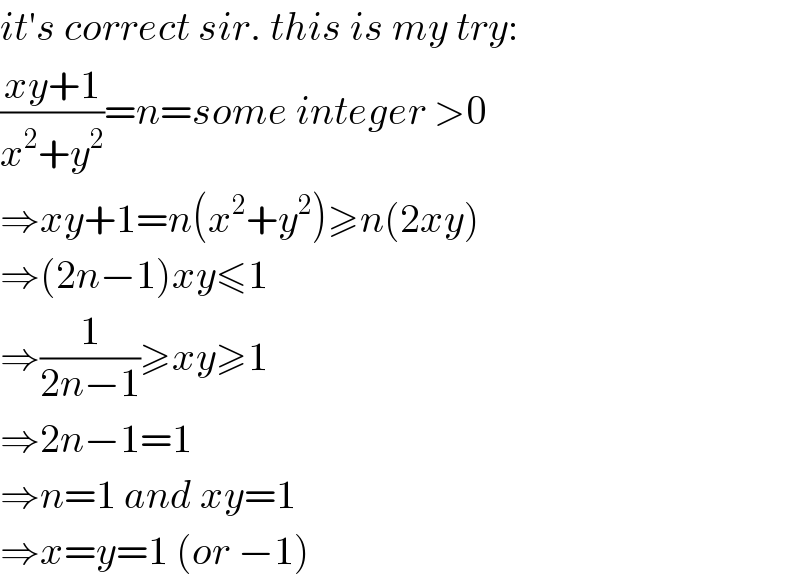
Question and Answers Forum
Question Number 53618 by kaivan.ahmadi last updated on 23/Jan/19

Commented by mr W last updated on 24/Jan/19

Commented by kaivan.ahmadi last updated on 24/Jan/19

Commented by Kunal12588 last updated on 28/Mar/19

Answered by kaivan.ahmadi last updated on 24/Jan/19

Commented by mr W last updated on 24/Jan/19

Commented by kaivan.ahmadi last updated on 24/Jan/19

